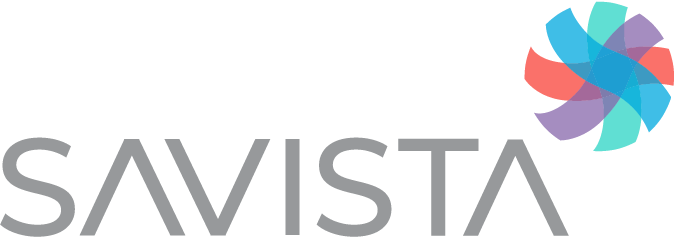Are you experiencing documentation and coding errors? Do you suspect you may be under- or over-charging? If so, your denied claims rate may be hurting your revenue cycle. Incorrect or incomplete documentation and coding in the middle of the revenue cycle result in more denials and deplete your revenue.
Claims denials are a huge drain on health organizations; out of $3 trillion total claims submitted, $262 billion were denied, and 65% of claims denials were never resubmitted. Millions of dollars could be slipping away simply by failing to ensure that physicians are documenting correctly to allow for optimal coding. Also missed is the confirmation that all items for care services or supplies are accurately captured and charged. For the health of your revenue cycle, denial management services may be necessary.
Beyond cash optimization, the necessity for accurate coding and charge captures becomes greater when you factor in:
- - Quarterly regulatory updates
- - Increased patient demand for charge information as patients become responsible for larger deductibles
- - Patient satisfaction levels
What can you do now to measure the health of your middle revenue cycle?
- Double check documentation to ensure it is complete
- Implement a training program for physicians and colleagues that assures documentation accuracy
- Implement a sound coding audit practice that measures coding accuracy and productivity
- Institute corrective actions to documentation and coding processes
- Optimize inpatient/outpatient charge master and coding data
- Use an automated charge master tool
- Implement charge capture audits to assure that all items for care services or supplies are accurately captured and charged
Documentation
Incomplete or poor documentation leads directly to lost revenue. Implementing solutions that assure appropriate documentation eliminates claims rejections due to unclear documentation.
Training
Errors can occur the minute the physician begins documenting the patient’s care and condition. It serves to build the medical record and is referenced by many others in the health organization, including coders. ICD-10 presents opportunities for error in coding, too. A thorough, evergreen training program that continually educates physicians and HIM colleagues is a strong start to accurate claims.
Coding audits
Auditing coding practices for accuracy and productivity eliminates over or improper payments, insufficient patient details, wrong diagnosis, service and procedure codes and lack of medical documentation.
Documentation and coding corrective actions
Integrating corrective actions into documentation and coding processes can result in elimination of recurring problems that compromise clean claims.
Chargemaster and coding data
Formalizing CDM process structures, improving related procedural documentation and training clinical managers on CDM are key to realizing measurable benefits, including shorter turnaround times.
Automate
Reputable chargemaster tools update charge data regularly, a significant reduction in time compared to the manual process. They provide daily alerts on new coding changes, including interpretation and suggested action for compliance.
Charge capture audits
Audit your charge process to identify business process or system improvement opportunities to improve compliance and greater revenue. Be sure to benchmark your progress against other health organizations for a thorough quality assurance system.
Improve the middle to improve your claims
Improving key elements in the mid revenue cycle requires a skilled team of seasoned HIM professionals. As the profound effects of a weak HIM system have been identified as root causes of denied claims, improvement of each process requires time, experience, skills. Health care organizations that are successfully growing their revenue attribute at least part of their success to the decision to engage HIM providers that offer services and technology. Partnering with a dedicated RCM vendor assures thorough documentation, accurate coding and complete billing, identifies charge issues throughout the revenue cycle, fixes issues pre-bill, prevents costly billing rework and late charges, and reviews your charge master for accuracy and completeness.
Savista helps health organizations examine and enhance the mid revenue cycle to improve the quality of claims and reduce the chance of denials before they occur with denial management.
Want to capture every dollar to which you are entitled? Contact us for more information.
Denial Management
Don’t Just Manage Denied Claims. Prevent Them.
Medical necessity, prior authorization, and registration errors are the leading causes of denials. While the majority of these are preventable, and up to 2/3 are recoverable, only 33% are appealed, often because of lack of skillset and resources. Providers need a robust denials management program to stop the leakage and a strategy to prevent them in the first place.



